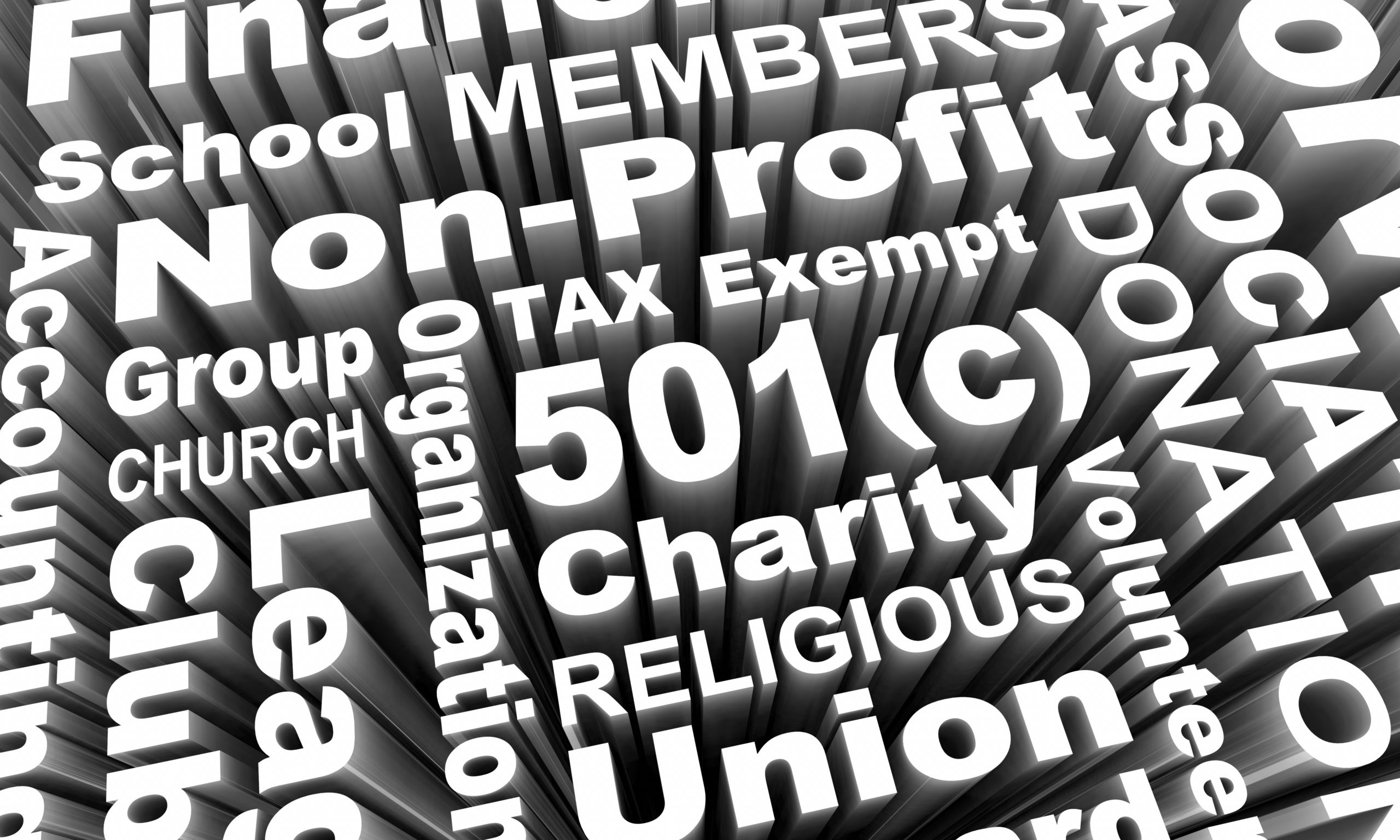
The following are some of the highlights from the session on Charitable Purpose in the 21st Century at the2020 Western Conference on Tax Exempt Organizations(WCTEO):
- Historical context: Rev. Rul. 71-447: “All charitable trusts, educational or otherwise, are subject to the requirement that the purpose of the trust may not be illegal or contrary to public policy. … Although the operation of private schools on a discriminatory basis is not prohibited by Federal statutory law, the policy of the United States is to discourage discrimination in such schools.”
- Historical context: Bob Jones v. United States: “Guided, of course, by the Code, the IRS has the responsibility, in the first instance, to determine whether a particular entity is “charitable” for purposes of § 170 and § 501(c)(3). … We emphasize, however, that these sensitive determinations should be made only where there is no doubt that the organization’s activities violate fundamental public policy.”
- Project Veritas and Illegality(Sam Brunson)
In various private letter rulings, the IRS has reiterated this idea the illegal activities disqualify would-be exempt organizations from a federal income tax exemption. In 2013 (in PLR 201325015, which I can’t find in a linkable online source), the IRS denied exemption to a religious organization that practiced polygamy on the basis that polygamy violated state law and state and federal policy. In 2011, the IRS denied a nonprofit organization formed to dispense medical marijuana because selling marijuana violates federal law.
- More on Hate Groups and Tax Exemptions [Updated](Sam Brunson)
Over at the Volokh Conspiracy, Eugene Volokh asserts that the IRS cannot constitutionally deny tax exemptions to “hate groups” based on their views, abhorrent that they may be. … Volokh … categorizes that “fundamental public policy” rule as relating solely to actions (in the case of Bob Jones University, racial discrimination), and not to what the organization advocates. … [I]t’s probably fair to argue that the government shouldn’t subsidize bad speech. Just like “fundamental public policy” creates a definitional problem, “bad speech” has a definitional problem. But even if we assume particular speech is bad (and I think it’s fair to assume that white nationalist speech is bad), we run into the question of what constitutes a subsidy.
- COVID-related relief: Qualified disaster relief payments, financial assistance more generally to those in need, assistance to for-profit businesses. See, e.g.,Coronavirus Nonprofit Update: Financial Assistance to Employees by Employer-Sponsored Philanthropy(詹姆斯Joseph, Bridget M. Weiss, Andras Kosaras)
Additional Resourceson Our Blog
Tax-Exemption and Public Policy – Bob Jones University